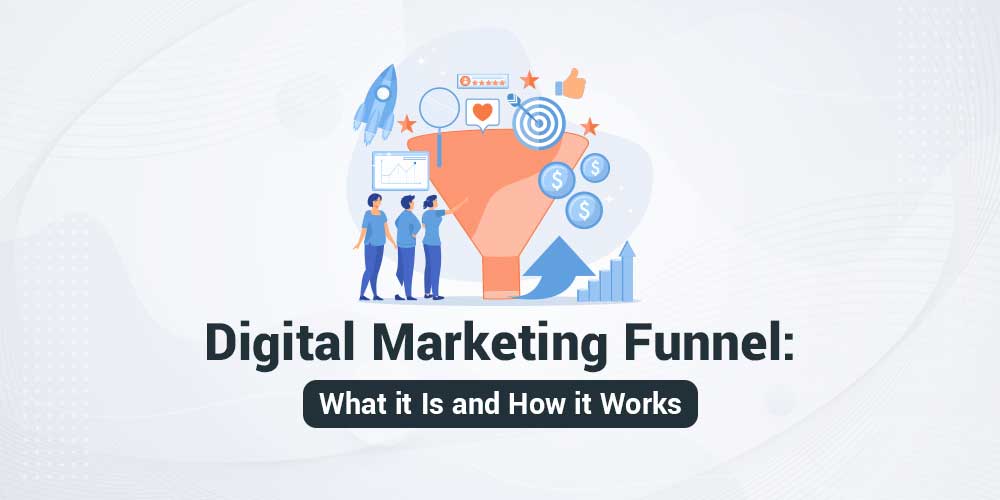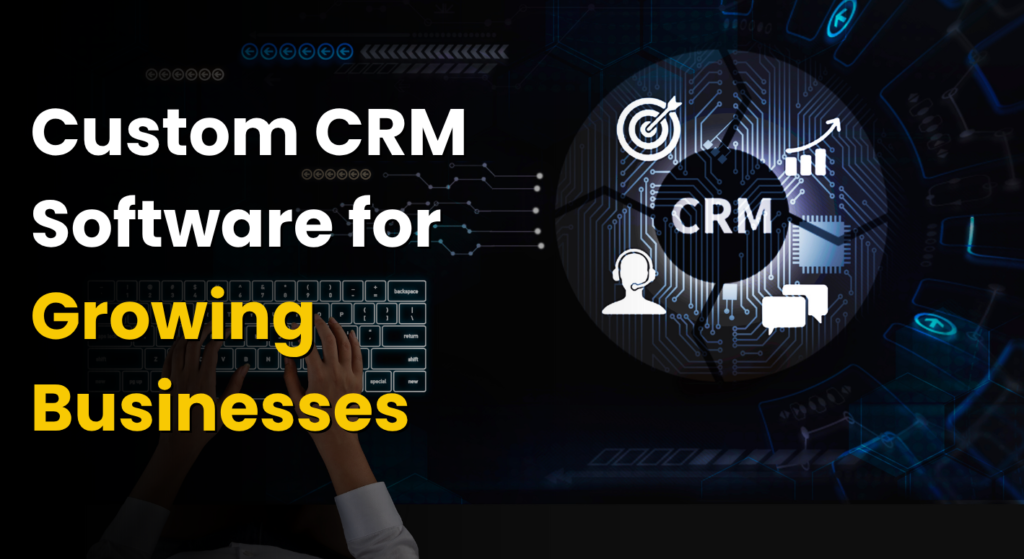In the ever-evolving digital world, what worked yesterday may not work today. Algorithms shift, user behavior changes, and competition only intensifies. To stay ahead, marketers need more than a solid strategy—they need visibility into what’s actually working and what’s not. That’s where the digital marketing audit comes in.
A digital audit provides a structured evaluation of your entire marketing ecosystem—from SEO and paid ads to website UX, email performance, and social media engagement. It uncovers gaps, reveals growth opportunities, and ensures your digital strategy is aligned with your business goals.
In this comprehensive guide, we’ll walk you through the step-by-step process of mastering digital audits so you can confidently assess your efforts, optimize performance, and drive better results.
What is a Digital Marketing Audit?
A digital marketing audit is a thorough review of all your online marketing activities. This includes your website, SEO performance, advertising campaigns, email marketing, social media presence, content strategy, and analytics setup. The objective is to uncover inefficiencies, identify what’s working, and realign your efforts for better ROI.
A good audit goes beyond surface-level metrics—it offers insights into how your brand is performing in the broader digital landscape and provides data-driven recommendations to improve and grow.
Why You Need a Digital Marketing Audit
A regular digital audit is not just beneficial—it’s essential. Here’s why:
- Performance Clarity: Understand which channels deliver the most value.
- Strategic Realignment: Ensure your marketing supports your evolving business goals.
- Budget Efficiency: Identify waste and reallocate spend more effectively.
- Competitive Edge: Stay ahead by spotting market trends and gaps.
- Improved ROI: Fine-tune underperforming campaigns and build on what’s already working.
Step-by-Step Digital Marketing Audit Process
1. Set Clear Objectives
Before jumping into tools and metrics, define your audit goals. Are you analyzing your entire digital strategy, or focusing on a specific channel? This step ensures your audit stays focused and actionable.
2. Website Evaluation
Your website is the cornerstone of your digital presence. Assess the following:
- User Experience (UX): Is the design clean, responsive, and intuitive?
- Page Speed: Use Google PageSpeed Insights to identify loading issues.
- Technical SEO: Check for crawl errors, broken links, duplicate content, and mobile usability.
- Conversion Funnel: Are CTAs visible? Is the user journey optimized for leads or sales?
3. Search Engine Optimization (SEO) Audit
SEO plays a critical role in your organic visibility. Analyze:
- Keyword Performance: Are you ranking for relevant, high-intent terms?
- On-Page SEO: Review meta titles, descriptions, header tags, image alt attributes, and internal links.
- Backlink Profile: Use tools like Ahrefs or SEMrush to evaluate the quality and quantity of your backlinks.
- Local SEO: If you’re a local business, audit your Google Business Profile and local citations.

4. Paid Advertising Audit
Paid media requires constant optimization. Look into:
- Ad Copy and Design: Is the messaging compelling and relevant to your target audience?
- Targeting Strategy: Are your demographics, interests, and geo-targeting settings correct?
- Landing Pages: Do they align with the ad’s promise and drive conversions?
- Performance Metrics: Monitor CPC, CTR, quality score, impressions, and conversion rates.
5. Email Marketing Audit
Email remains one of the most cost-effective marketing tools. Audit:
- List Health: Check bounce rates, unsubscribe rates, and overall engagement.
- Segmentation: Are you tailoring content to different customer groups?
- Open & Click Rates: Are subject lines and CTAs performing well?
- Automation: Review your workflows, triggers, and follow-up sequences.
6. Social Media Audit
Analyze how your brand performs across social platforms:
- Content Quality & Consistency: Is your messaging aligned with your brand voice and audience?
- Engagement Levels: Track likes, shares, comments, and community growth.
- Channel Relevance: Focus on platforms where your audience is most active.
- Visual Branding: Ensure logos, cover images, and bios are consistent and optimized.

7. Analytics & Tracking Review
Reliable data is the foundation of a good strategy. Verify:
- Google Analytics Setup: Are goals, events, and funnels correctly configured?
- UTM Tracking: Are campaigns tagged properly for source attribution?
- Google Tag Manager: Are tags firing correctly without duplication?
- Reporting Accuracy: Ensure data reflects real user behavior and engagement.
8. Competitor Benchmarking
You’re not operating in a vacuum. Analyze competitors to gain perspective:
- Keyword Comparison: What terms are they ranking for that you’re not?
- Content Strategy: Which formats or topics get them the most traffic or engagement?
- Ad Visibility: Are they outbidding you in paid search or social ads?
- Backlink Strategy: What domains are linking to them?
Use tools like SimilarWeb, BuzzSumo, and SpyFu to gather insights.
9. Action Plan & Recommendations
Once all data is reviewed, it’s time to prioritize your findings. Structure your action plan with:
- Quick Wins: Easy-to-implement fixes with immediate impact.
- High-Priority Issues: Areas harming performance or user experience.
- Long-Term Strategies: Structural or strategic improvements for sustained growth.
- Tool and Training Suggestions: Recommendations for platforms, processes, or team skills that can enhance results.
Final Thoughts
Mastering the digital audit process is a crucial skill for marketers who want to make informed, data-driven decisions. A well-executed audit helps you spot inefficiencies, optimize what’s working, and realign your digital strategy with business goals.
Treat your audit not as a one-off task, but as a regular checkpoint in your digital journey. Whether conducted quarterly or bi-annually, it ensures your marketing stays agile, focused, and effective in an ever-changing landscape.
Need Expert Help with Your Digital Marketing Audit?
If you’re ready to take your digital presence to the next level but aren’t sure where to start, The CodeShooters can help. As a trusted SEO company and full-service digital marketing agency, we specialize in performing detailed audits that uncover hidden potential, improve ROI, and set a clear path for sustainable growth.
From SEO and paid advertising to web development and content strategy, The CodeShooters are your partners in building a smarter, more effective digital marketing ecosystem.
L



